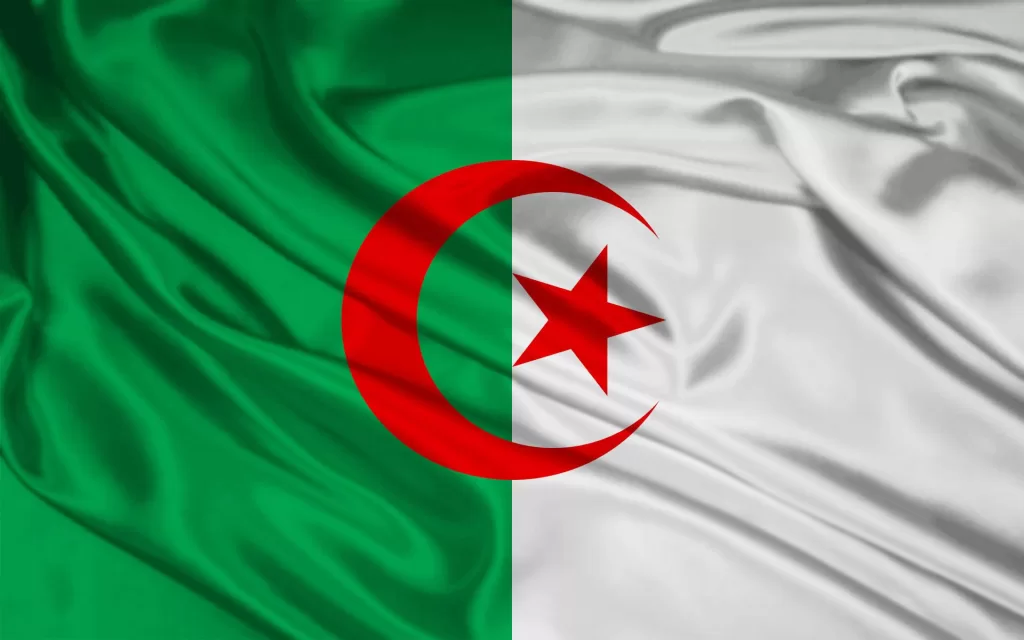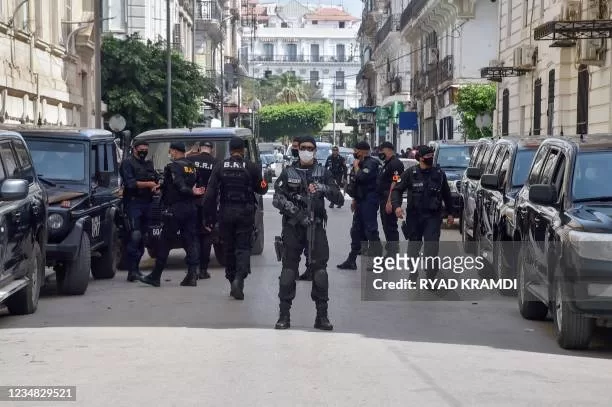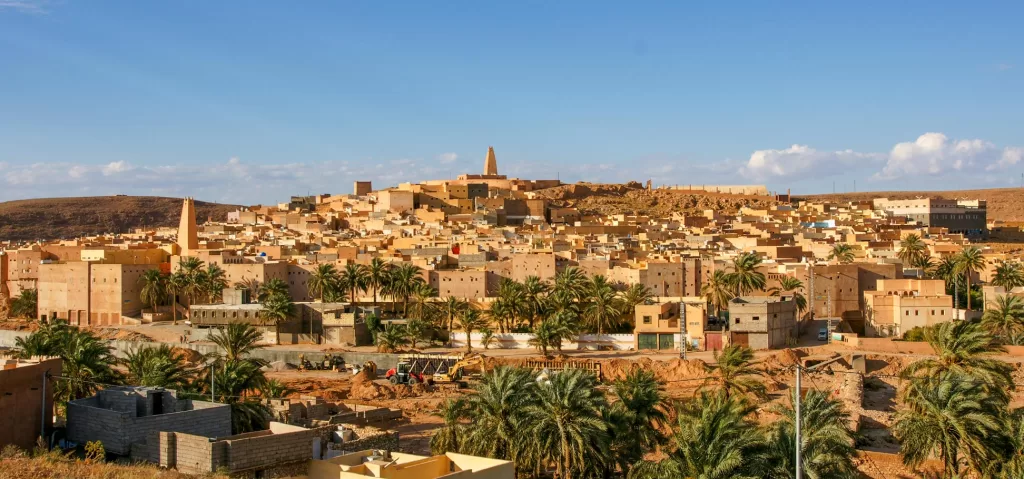Algeria Country Report

Algeria! It’s a fascinating country in North Africa. Algeria is known for its rich history, diverse culture, and beautiful landscapes. Algeria gained independence from France in 1962 and has since become a republic with a multi-party political system. The country has faced various political and social challenges over the years, but it has made progress in areas such as education, healthcare, and infrastructure development. Algeria is the largest country in Africa and is home to a diverse range of landscapes, including the Sahara Desert, the Atlas Mountains, and the Mediterranean coastline. The country has a rich cultural heritage, with influences from Arab, Berber, and French traditions
Algeria is also known for its historical sites, such as the ancient Roman ruins of Timgad and Djemila. The country has a rich cultural heritage, with a blend of Arab, Berber, and French influences. In terms of cuisine, Algerian food is delicious! Some popular dishes include couscous, tagines, and various types of savory pastries. The country is also known for its traditional music and dance, such as Rai music.
Last updated: June 13, 2023
Security

Algeria takes security seriously and has made efforts to maintain stability within the country. Like any other nation, Algeria faces security challenges, but the government has implemented measures to ensure the safety of its citizens and visitors. The Algerian government has taken steps to combat terrorism and maintain border security. It works closely with international partners to exchange information and collaborate on security initiatives. It’s always a good idea to stay informed about travel advisories and follow any safety guidelines provided by local authorities when visiting or residing in Algeria
Petty crime is common and foreign tourists are assumed to be wealthy, which puts them at risk of such crime. Violent crimes or threats of violence are also a concern, including burglaries, thefts, carjackings, and kidnappings. ISIS and AQIM fighters are a threat, and foreigners are potential targets. However, the strong and extensive capabilities of the security forces and extensive counter-terrorism operations can help reduce this risk. Protests occur due to political and socio-economic grievances. Conflicts between ethnic communities and rival tribes sometimes occur in the south.
Last updated: June 13, 2023
Infrastructure
Afghanistan’s infrastructure has seen significant development efforts in recent years. The country has been investing in improving its transportation infrastructure, including roads, railways, and airports, to enhance connectivity within the country and with neighboring regions. In terms of energy projects, Afghanistan has been working on various initiatives to increase access to electricity and promote renewable energy sources. This includes the construction of hydroelectric dams and the exploration of solar and wind energy potential. When it comes to the climate and biodiversity of Afghanistan, the country experiences a diverse range of climates due to its varied topography. From the arid regions in the southwest to the mountainous areas in the central and northeastern parts, Afghanistan is home to a wide range of plant and animal species, including snow leopards, Marco Polo sheep, and various bird species.
Last updated: June 13, 2023
Environment

Algeria has a diverse and unique environment, with a range of ecosystems and natural landscapes. The country is home to the Sahara Desert, which covers a significant portion of its territory. The desert is known for its vast sand dunes and extreme aridity. In addition to the desert, Algeria also has mountainous regions like the Atlas Mountains, where you can find beautiful forests, valleys, and wildlife. The country has several national parks and protected areas that aim to preserve its natural heritage. Environmental conservation is an important focus in Algeria, with efforts to protect biodiversity, promote sustainable development, and address environmental challenges. The government has implemented initiatives to combat desertification, promote renewable energy, and preserve natural resources.
Last updated: March 14, 2022
Health and Medical
When it comes to health and medical services in Algeria, the country has made progress in improving access to healthcare for its citizens. Algeria has a public healthcare system that provides free or low-cost medical care to its residents. The country has a network of hospitals, clinics, and healthcare centers across different regions. However, it’s important to note that the quality of healthcare facilities and services may vary in different areas. Algeria also has medical universities and research institutions that contribute to the development of healthcare professionals and medical research.
Last updated: August 26, 2023
Political
The politics of Algeria is characterized by a presidential system, where the President is the head of state and government. The country has a multi-party system, with several political parties participating in elections. The current political landscape in Algeria has seen some changes in recent years. In 2019, there were widespread protests calling for political reforms and an end to corruption. These protests led to the resignation of President Abdelaziz Bouteflika, who had been in power for 20 years. Since then, Algeria has undergone a period of transition, with a new President, Abdelmadjid Tebboune, taking office in December 2019. The government has pledged to address the demands of the protesters and implement political and economic reforms.
Last updated: June 13, 2023















